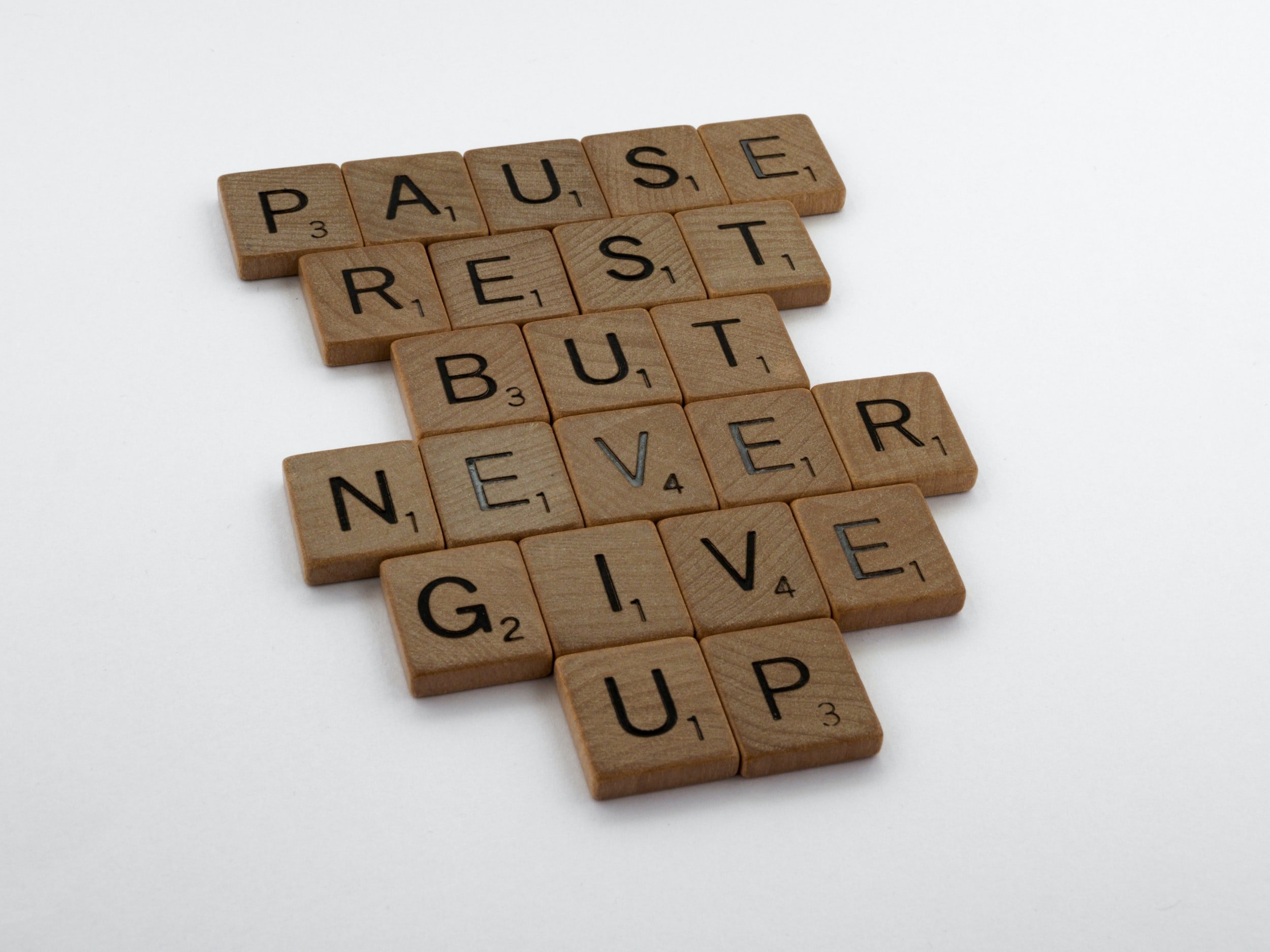The holidays are an exciting time but that excitement brings stress too. Between coordinating logistics, interpersonal drama, and potential financial burdens, not to mention less daylight, it’s understandable to feel overwhelmed by the fast approaching holiday season. With some forethought and planning though it doesn’t have to drown you. Here are Embrace Sexual Wellness’ best tips for not just surviving but thriving this holiday season so you can enjoy yourself to the fullest extent possible.
Clearly Identify and establish personal boundaries
Boundaries are important year-round but they should most certainly be shored up ahead of a known stressful time. Family and boundaries can be particularly tricky so it might take more discipline to hold your ground. If you’re not sure where to start with determining and communicating your boundaries, check out this ESW article
Expect and accept imperfection
It might sound obvious but it’s still important to intentionally remember that even the best laid plans go awry. In these moments, try reflecting on the true importance and priorities of the holidays: spending time with people you love.
Make an escape plan
Even the closest and calmest families and/or friends can feel overwhelming at times so consider planning how you might be able to get a break during the festivities before they begin. Whether that means going for a walk or a drive, stepping into the washroom, or finding another reprieve, knowing you have a plan to catch your breath can be stress reducing in and of itself.
These tips won’t solve all your problems or prevent stress completely, but they can certainly help ease your burden. We wish you and your loved ones the happiest holiday season!





































